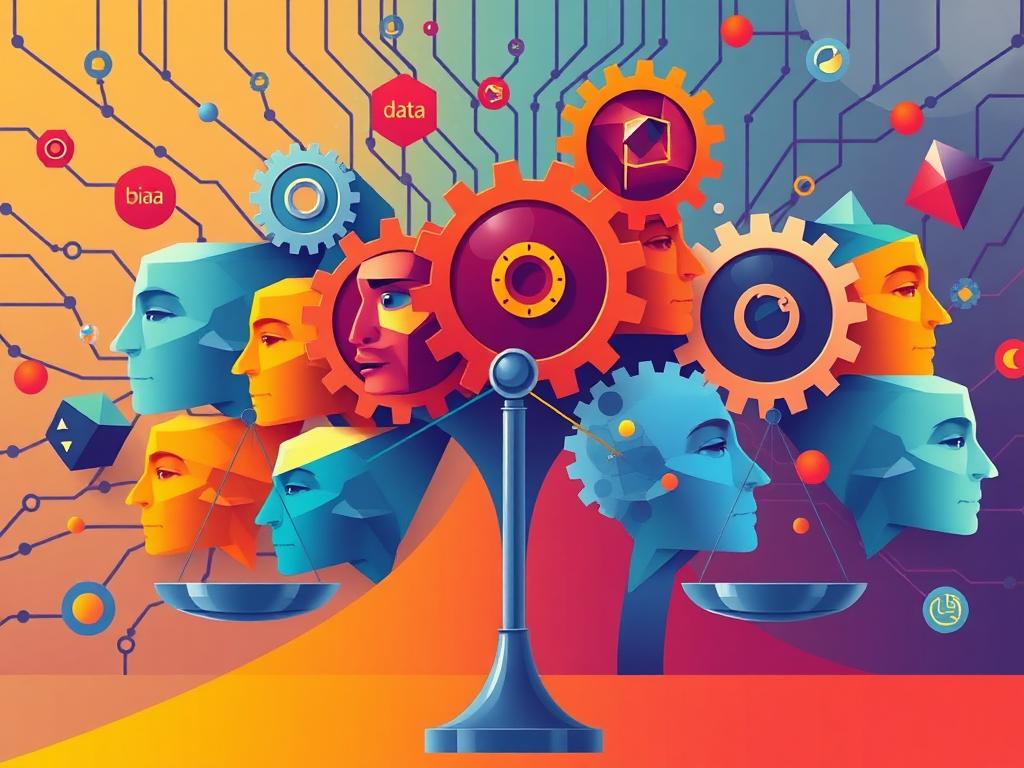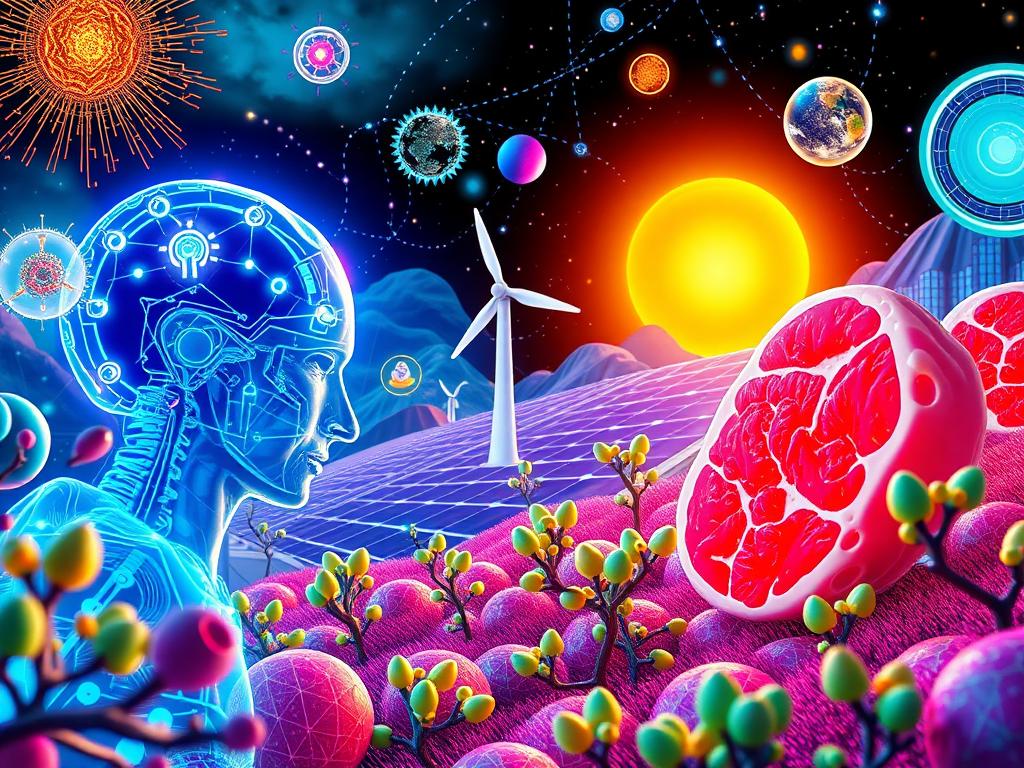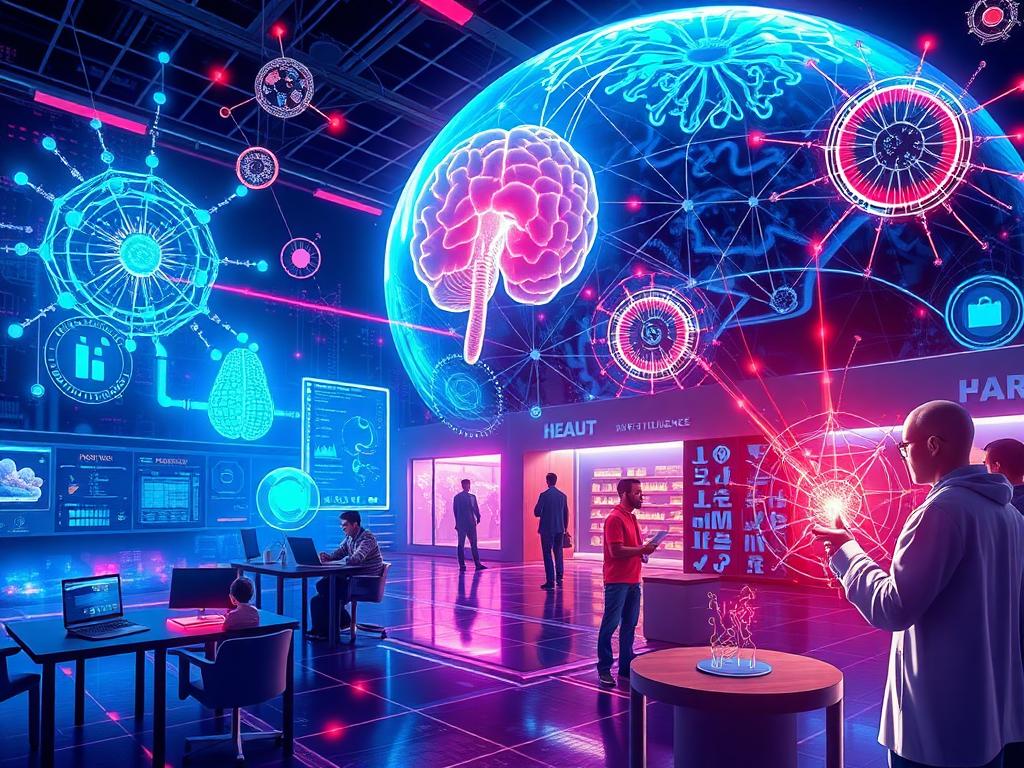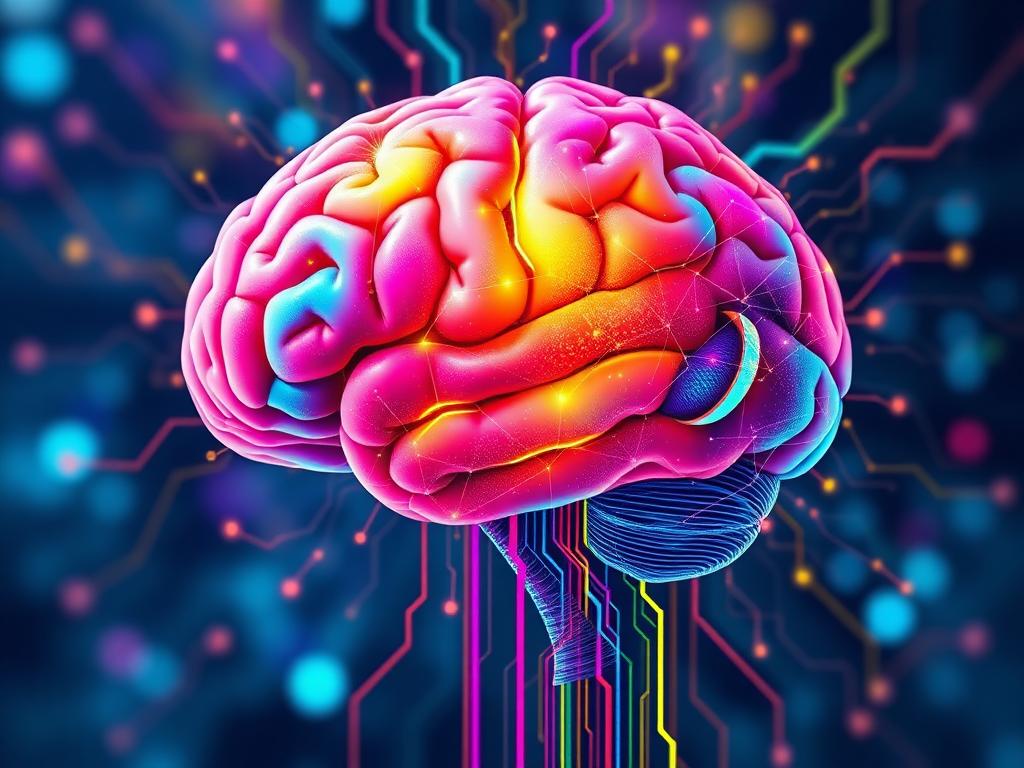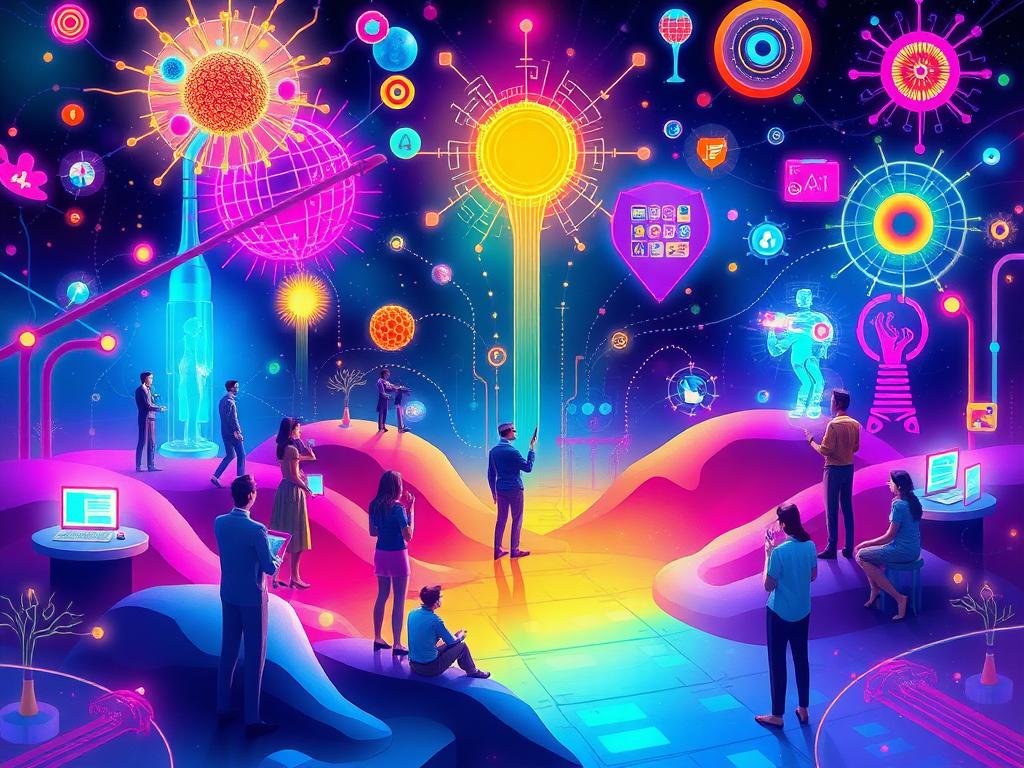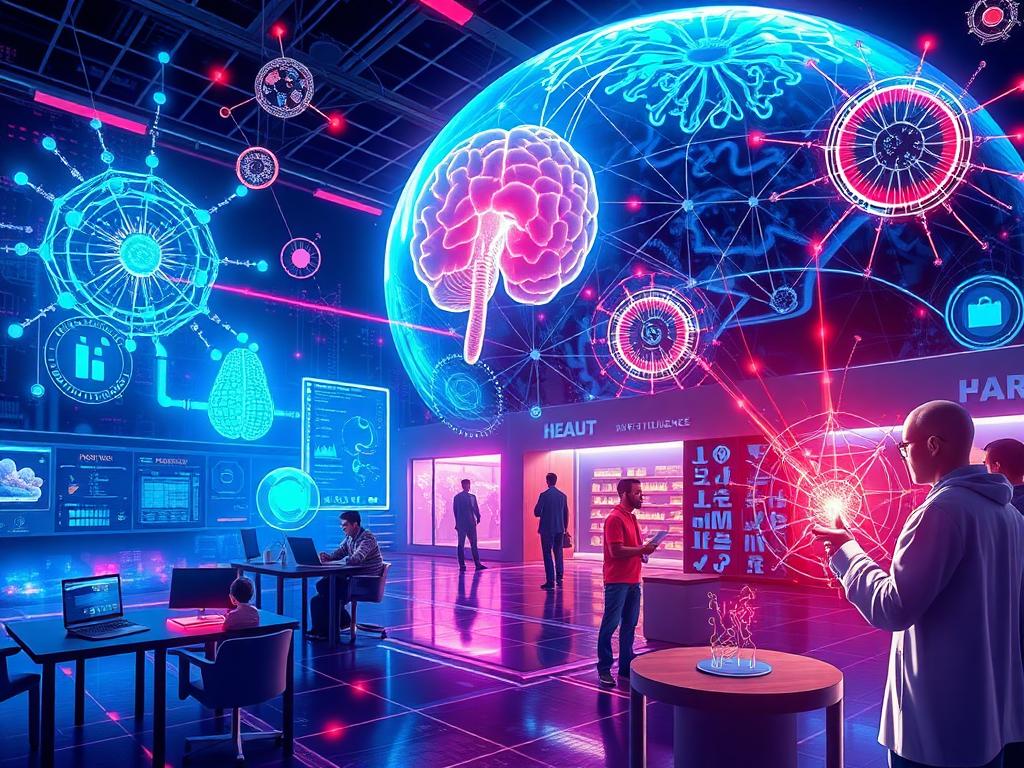
Eric Schmidt on AI's Future and Challenges
Eric Schmidt discusses the future of AI, its challenges, and the revolutionary impact of AI systems like AlphaGo and ChatGPT on society and technology.
Bilawal Sidhu and Eric Schmidt dive deep into the evolution of artificial intelligence, its implications, and the future it holds. Eric Schmidt, a prominent figure in the tech industry, shares his insights on the transformative power of AI, starting from the groundbreaking moment when AlphaGo introduced a new move in the ancient game of Go, something no human had ever conceived in 2,500 years.
Schmidt emphasizes that the advent of AI is not just a technological leap but a revolution that is reshaping how we think about intelligence, creativity, and problem-solving. He highlights how AI systems like ChatGPT have become a focal point of discussion, but he believes that AI is still underhyped, especially considering the advancements in reinforcement learning and planning algorithms.
One of the critical challenges Schmidt discusses is the scale of computation and energy required to power these AI systems. He points out that the U.S. alone needs an additional 90 gigawatts of power, equivalent to 90 nuclear power plants, to meet the growing demand. This highlights the urgency for innovative solutions in energy and hardware to sustain AI's rapid development.
Schmidt also addresses the ethical dilemmas surrounding AI, particularly the dual-use nature of the technology, which can be applied to both civilian and military purposes. He stresses the importance of maintaining human control over AI systems and the need for global cooperation to establish guardrails that prevent misuse.
Looking ahead, Schmidt envisions a future where AI could revolutionize healthcare, education, and scientific discovery. He imagines a world where every individual has access to personalized tutoring and healthcare, and where AI helps us unlock the mysteries of dark energy and dark matter. Despite the challenges, Schmidt remains optimistic about the potential of AI to drive radical abundance and improve human productivity.
In conclusion, Schmidt advises individuals and leaders to embrace AI technology and adapt to its rapid evolution. He emphasizes that this is a marathon, not a sprint, and those who fail to adopt AI risk being left behind. As we navigate this transformative era, Schmidt's insights serve as a guiding light for harnessing AI's potential while addressing its challenges.










